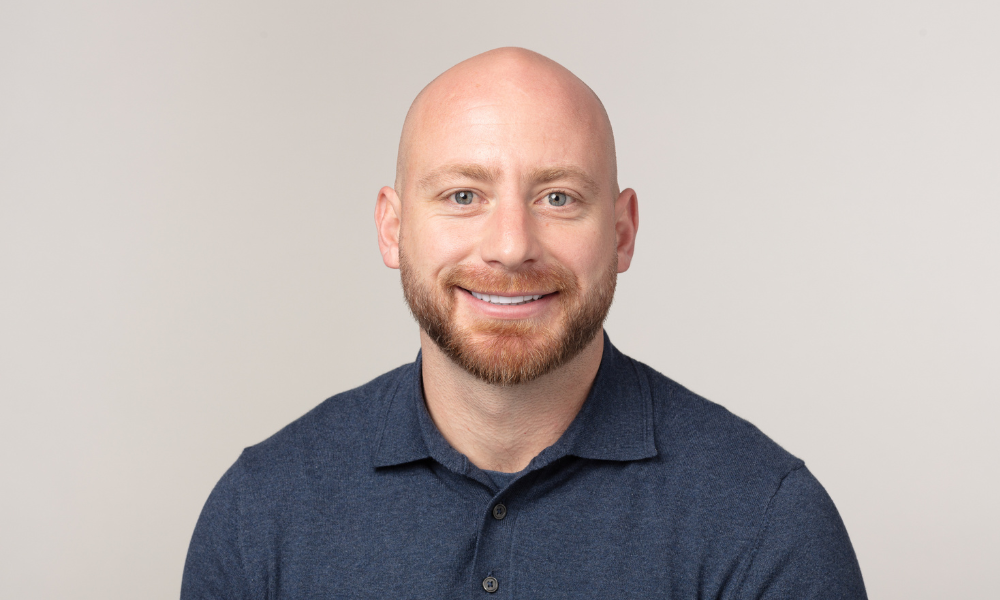Advisers share their experience of overworking – and how to manage it better

If you’re a mortgage adviser starting your week already feeling exhausted, even after a long bank holiday weekend, then you may be suffering from ‘broker burnout’.
Advising is a busy, frequently challenging and highly competitive role, of course, requiring long working hours and an often limitless dedication to the job. So how do brokers avoid burning out and maintaining a healthy work-life balance? It’s no easy task.
Broker Gindy Mathoon (pictured left), from Create Finance, has recently returned from a six-night trip to Dubai, where he planned to meet some clients, while also taking time to rest. But he cancelled all of his meetings in favour of a break that was entirely about recuperation. “Running up to the week of the trip, I was hit with a horrible virus which knocked me out, affecting my breathing,” explained Mathoon, who also suffered an aching body and a lack of sleep. “I lost my creativity and also lost motivation to do my daily tasks,” he added.
Mathoon suspects his body was telling him he had reached burnout. Now after plenty of sunshine, hot weather, sleep, pool time and good food, he’s recovered. “I can honestly say I’m back to full health and back firing on all cylinders,” he declared, admitting he had never believed in burnout before. “I understand it now,” Mathoon said. He now plans to take more breaks.
Charley O’Neill (pictured second from left), senior mortgage and protection broker at The Mortgage Mum, believes advisers should remember that they cannot run successful businesses if they are not well. “Taking the time to look after our bodies and our minds and making sure we are a priority too is so important to avoid burnout,” O’Neill said. “As a business owner and a parent it often means that self-care becomes low on the priority list, almost as if you feel guilty when you do take the time to look after your mental or physical health. A tip someone gave me recently that has helped me so much is scheduling time in our diaries for self-care, exercise, and lunch breaks throughout the week – even if it’s a quick 15 minute walk in the fresh air, and sticking to it.” When prioritising herself, O’Neill finds she is more focused in ‘work time’ and much more productive. “This also means, in turn, I am able to switch off much better and guilt free when I have been productive for work, meaning I am more present as a mother too,” she said.
Read more: 'Short-term fixed rates expose borrowers to astronomical stress'
Learning how to prevent burnout
The ultimate goal for broker Michael Welton (pictured second from right), mortgage and protection consultant at WPP Financial Services, is to reduce overworking and stress, which he feels he is yet to completely achieve. However, since setting up his practice in 2016; he has learned some coping mechanisms. “Don’t be scared to share the load – every adviser needs a PA or some form of admin support,” Welton said. “I also recommend taking on an additional adviser, either employed or self-employed, to take on the cases that are either overflow during busy periods or for those cases that will take up a lot of time and draw focus from the core business, while giving someone else opportunities for a share of income. “There was a time that I would have client appointments every evening and Saturdays but once I have established a good base level of regular income, over two to five years, I was able to bring in additional support which took the load off and allowed me to reduce my hours. Other ways to help is embracing tech and building systems with a good CRM to help efficiency and organisation. Outside of the office I personally spend time coaching youth football and mountain biking which are good distractions from the office and allows time with family and friends.”
Jordanne Whiley (pictured right), a broker at Hearthstone Mortgages, believes the likelihood of burning out depends on what kind of adviser someone is. “Employed residential brokers, I would assume, are less likely to burn out as they clock off at a certain time and their client bank is different,” Whiley said. “Brokers who work in the investment or specialist space and those who are self-employed, are, in my opinion, more likely to experience this, myself included. We are often dealing with professional portfolio landlords and complex cases which require more time and clients will call at all hours. I also feel like our jobs are made tougher because we have to deal with so much incompetence in the industry and this adds so much work to our desk.” Whiley notes that it’s important to make some time for yourself after working hours. “Even when cases are crazy, the world isn’t going to end because you stopped answering your phone at 6pm,” she said.

Meanwhile, mortgage broker Mike Yau (pictured inset above), like most brokers, works very long hours but he doesn’t really believe in burnout. “Footballers and pro athletes train over ten hours a day every day and some have been doing that since they were children, far longer than most brokers,” Yau said. “Don’t really hear much about burnout from them. If you’re doing something you enjoy, feel you’re getting paid right, and friends and family fully support you, the chance of feeling burnout is low.”

As someone who does business with high net worth clients in London, Dubai and the Channel Islands, Jack Goguelin (pictured inset above), founder of Convici Capital, acknowledges the challenges of the job. “It's true, when in the midst of a transaction, our profession can be very time consuming,” Goguelin said. “It gets worse when you're crossing borders and time zones. On the flip-side, in the calm following a decent completion, there's often a little down time - that's thoroughly deserved. Brokers should take advantage and use these spells to recharge the batteries.”



